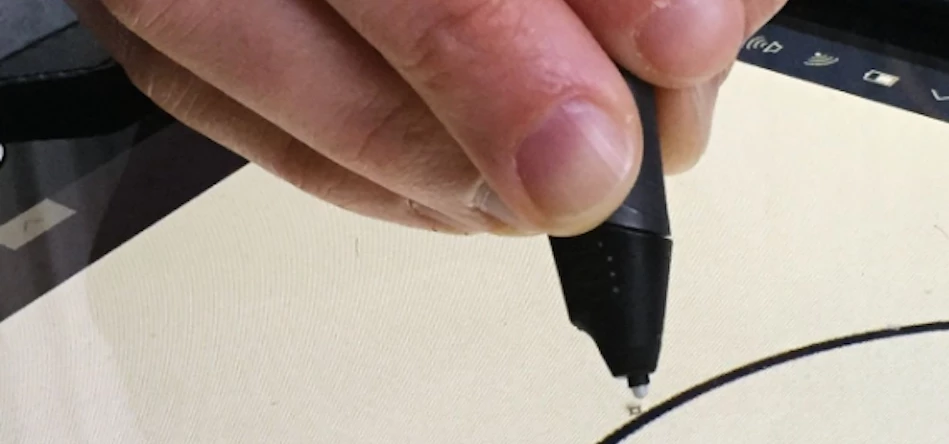
Partner Article
How this North Shields firm is using technology to revolutionise Parkinson’s Disease detection
North Shields medical innovation company Manus Neurodynamica has won a contract to further develop technology capable of detecting Parkinson’s Disease in a GP setting.
Manus has developed diagnostic sensor technology built into a pen, reportedly capable of differentiating a Parkinson’s patient from a patient with another neuromotor condition.
Landing a SBRI Healthcare Development Contract, the company can now develop its ManusNeuro pen further. Should the pen prove successful it could save the healthcare industry both time and money, by removing the process of referring patients for a scan.
The sensory pen, which the company says uses limb and hand motion to diagnose patients quickly and noninvasively, would also ensure that only those patients who need to see a specialist are referred by the GP.
Manus, which has patented the diagnostic system, will now work with clinicians and NHS Health economists to further develop the pen.
Additional trials are on-going with six NHS Trusts in the North East of England under the supervision of Professor Richard Walker, Consultant Physician/Honorary Professor of Ageing & International Health, Newcastle University.
Professor Walker said: “The ManusNeuro pen may help identify patients where the symptoms are not typical or have not developed. In situations where there is some doubt, we often refer patients for a scan, but these cost £1,000 a time, so if the pen allows us to be more sure about the diagnosis it should mean we will need to refer fewer people for expensive scans.”
Dr Rutger Zietsma, Managing Director of Manus Neurodynamica, added: “Using our pen in the 9,800 GP practices in England will reduce costs by ending the unnecessary referrals of patients to specialist centres.
“Our 21st century diagnostic can differentiate a Parkinson’s patient from a patient with another neuromotor condition and ensure that only those patients who need to see a specialist are referred by the GP to an already overstretched service. We are excited to be working with the NHS to achieve this goal.”
Looking to promote your product/service to SME businesses in your region? Find out how Bdaily can help →
Enjoy the read? Get Bdaily delivered.
Sign up to receive our daily bulletin, sent to your inbox, for free.








 Raising the bar to boost North East growth
Raising the bar to boost North East growth
 Navigating the messy middle of business growth
Navigating the messy middle of business growth
 We must make it easier to hire young people
We must make it easier to hire young people
 Why community-based care is key to NHS' future
Why community-based care is key to NHS' future
 Culture, confidence and creativity in the North East
Culture, confidence and creativity in the North East
 Putting in the groundwork to boost skills
Putting in the groundwork to boost skills
 £100,000 milestone drives forward STEM work
£100,000 milestone drives forward STEM work
 Restoring confidence for the economic road ahead
Restoring confidence for the economic road ahead
 Ready to scale? Buy-and-build offers opportunity
Ready to scale? Buy-and-build offers opportunity
 When will our regional economy grow?
When will our regional economy grow?
 Creating a thriving North East construction sector
Creating a thriving North East construction sector
 Why investors are still backing the North East
Why investors are still backing the North East